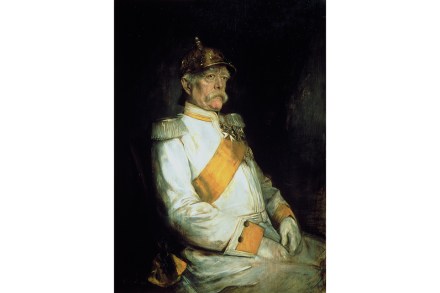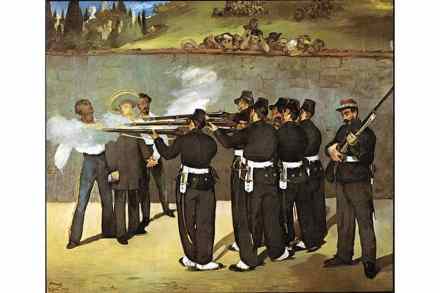The Franco-Prussian war changed the map of Europe – so why are we so ignorant about it?
Is there a single major European conflict of the past 200 years that gets so little attention in this country as the Franco-Prussian War of 1870-71? In 1961 Michael Howard brought out his history of the war, but Howard and the odd battlefield tourist apart, Rachel Chrastil’s bibliography – strong on contemporary memoirs, strong in fact on everything from the miraculous appearances of the Virgin Mary and the cult of St Radegund to the transmission of smallpox – is curiously thin when it comes to British interest. There may be simple enough reasons for this – among them, Britain’s determined neutrality and the infinitely worse conflicts to come – but



